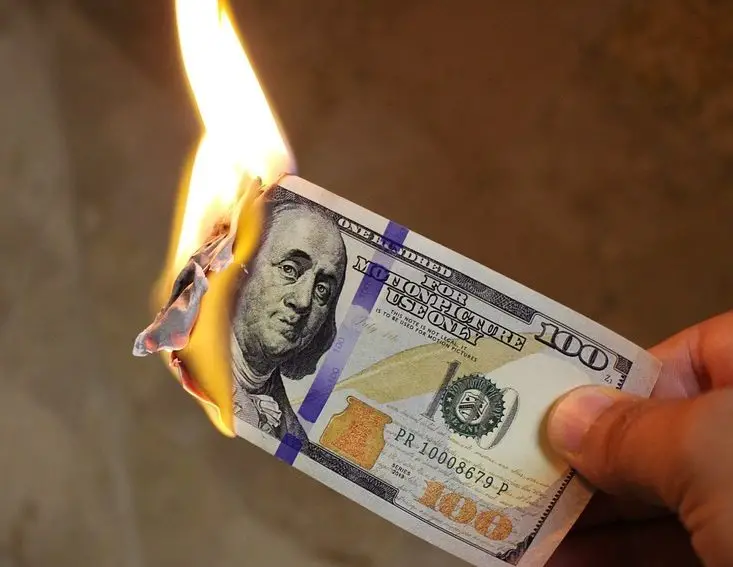On Wednesday, Argentina’s Economy Minister, Sergio Massa, announced that going forward, the country will pay for the majority of its imports from China in yuan rather than US dollars. In an effort to stifle the outflow of foreign currency from Argentina’s central bank last year, Argentina and China signed a currency swap deal.
Currently, China is the second largest trade partner of Argentina, after Brazil, and the second-largest purchaser of Argentinian exports. In 2021, Argentina imported a total of $13.5 billion in goods, according to the database on international trade of the United Nations.
Massa noted that just this month, Argentina will purchase the equivalent of $1 billion in yuan in Chinese goods and services, and there will be $790 million in monthly imports paid for in yuan every month after that. After being finalized earlier this year in expanded form, the currency swap arrangement will allow Argentinian exporters to make payments in yuan or dollars, with an eye to balancing the flow of foreign currencies within the central bank.
Brazilian President Luiz Inacio Lula da Silva. during a visit to China at the beginning of this month, said developing nations needed to move away from the US dollar, and toward trading in their own currencies. India has also been prominent in using its own currency to settle its trade with China, as Russia has begun accepting payments in currencies ranging from rubles to yuan.
Last year, the dollar’s share of global reserves fell ten times faster than it had over the last twenty years, according to the CEO of London-based asset management company Eurizon, Stephen Jen, in an interview with Bloomberg. The process accelerated in earnest following the use of the dollar as a weapon in sanctions levied against Russia over the war in Ukraine. Russia’s foreign reserves in euros and dollars held abroad were frozen, as many Russian banks were locked out of the SWIFT instant financial messaging platform.
US Treasury Secretary Janet Yellen was forced to concede that the dollar could lose prominence as the world’s reserve currency, due to the Western power’s use of it as a weapon to hurt other countries in pursuit of the West’s geopolitical goals.

